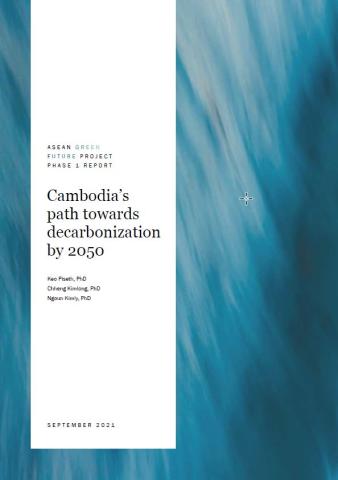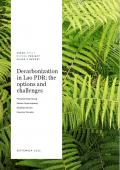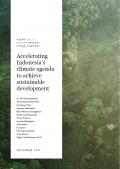
The potential path for Cambodian decarbonization by 2050 is achievable. Reducing historical forest loss and maintaining 60% of the forest cover based on sustainable forest management would significantly reduce greenhouse gas emissions from forestry and other land use, the largest emitter of GHGs in Cambodia. Emissions from the energy and agriculture sectors can also be significantly reduced through improved climate-friendly and energy-efficient technology and sustainable practices.
There are several opportunities for supporting economic transformation and development through strengthened climate action, demonstrating that stronger climate action is not only possible, but is beneficial. These opportunities include economic, environmental, social, cultural and technological benefits.
This report investigates the feasibility of net zero by 2050 and the potential for more ambitious country commitments. It has been developed through a synthesis of existing research and knowledge in Cambodia to build the economic and technical case for decarbonization. Seven country teams, including Cambodia, have been established across the Association of Southeast Asian Nations (ASEAN) to lead similar work.



